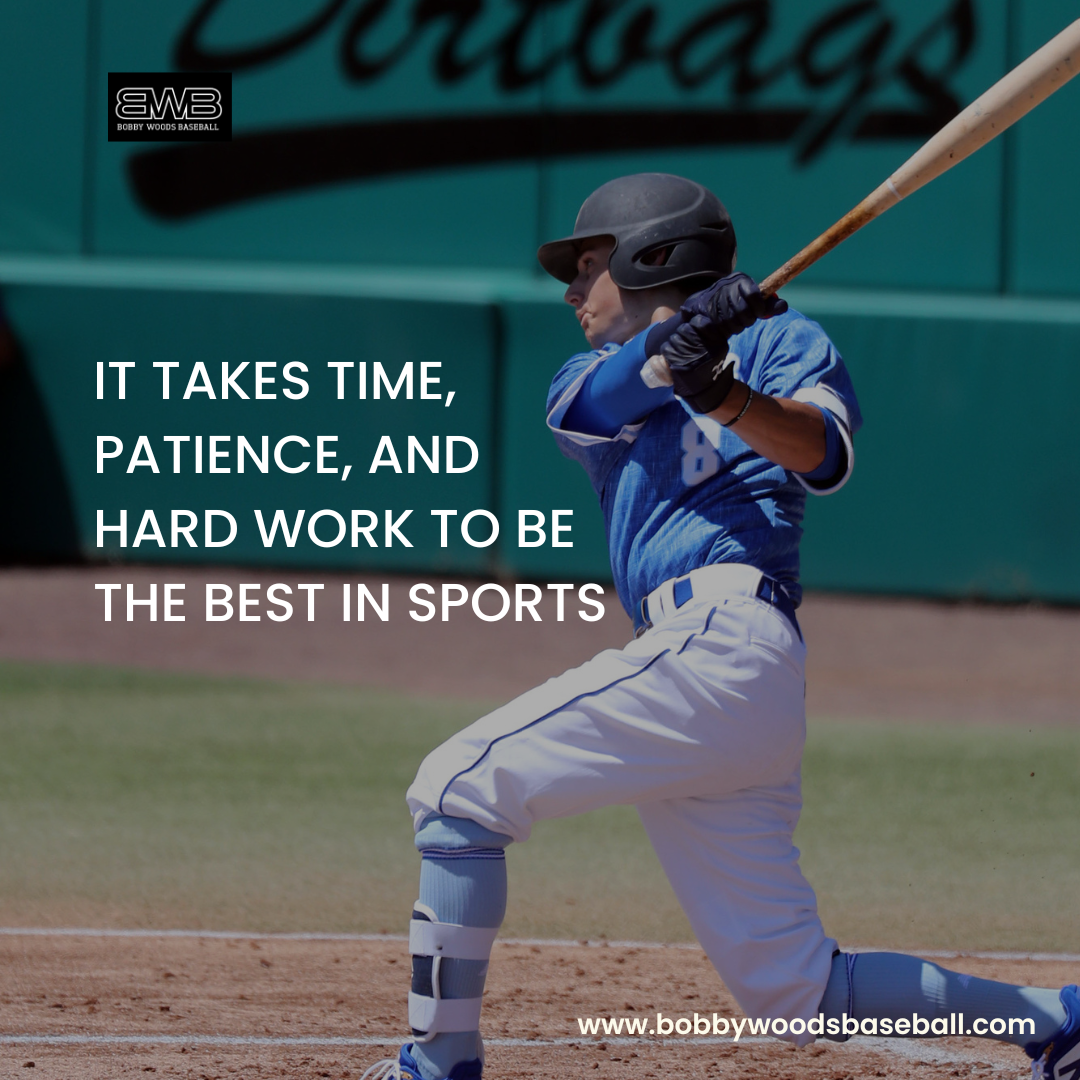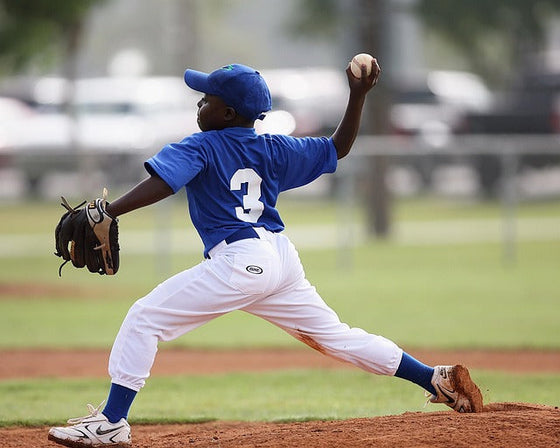by Bobby Woods October 07, 2024

Baseball training at home like hitting training can help maintain & improve your baseball skills during the off-season or when you can't make it to the field. Baseball training can be just as effective as practicing on the diamond, especially when you focus on baseball drills & exercises designed to improve specific aspects of your game. Incorporating baseball videos into your routine can also help you analyze and refine your techniques. Here's how to make the most of your at-home baseball training, even in small spaces.
Learn More
Setting Up Your Training Space
The first step in at-home training is setting up a space where you can practice. You don't need a lot of room; a garage, backyard, or even a small living area can work. Make sure the area is clear of obstacles and that you have the necessary equipment, such as a baseball, a bat, a tee, and a net or target if you're practicing throwing or hitting.
Bobby Woods is a former Chicago Cubs player & Arizona State University graduate.
For those with limited space, consider using softer balls or foam balls to avoid damaging walls or furniture. You can also invest in portable nets or pop-up cages to safely practice hitting and throwing indoors or in the yard.
Hitting Drills for Small Spaces
Improving your hitting doesn't always require a full-sized batting cage. Here are some hitting drills that can be done in small spaces:
Tee Work: A batting tee is one of the best tools for honing your swing. Set up a tee and practice hitting into a net or soft surface. Focus on your mechanics, such as your stance, grip, and swing path. You can adjust the height of the tee to simulate different pitch locations and work on hitting the ball to different parts of the field.
Soft Toss: If you have a partner, soft toss is a great drill that doesn't require much space. Have your partner kneel to the side and gently toss the ball into your hitting zone. Focus on making solid contact and maintaining proper form. If you're alone, you can use a soft toss machine or bounce the ball off a wall to simulate a toss.
Dry Swings: No ball? No problem. Dry swings are an excellent way to refine your swing mechanics. Stand in front of a mirror or record yourself with a smartphone to monitor your form. Concentrate on your hand position, swing path, and follow-through. Repetition is key here—take dozens of swings to build muscle memory.
Small Ball Drill: Use a smaller ball, like a tennis ball or wiffle ball, to work on hand-eye coordination. This drill requires more precision and helps you focus on making solid contact with the ball, improving your hitting accuracy.
Fielding Drills You Can Do at Home
Fielding is another essential aspect of baseball that can be practiced at home. These drills will help you stay sharp, even without access to a field:
Wall Ball Drill: A simple yet effective drill, wall ball involves throwing a ball against a wall and practicing your fielding technique as it bounces back. This drill helps with reaction time, hand-eye coordination, and footwork. You can adjust the speed and angle of your throws to simulate different fielding scenarios.
Ground Ball Practice: If you have some outdoor space, use a glove and a ball to practice fielding ground balls. Roll the ball to yourself or have someone roll it to you. Focus on staying low, using proper footwork, and fielding the ball cleanly. Indoors, you can use a softer ball and practice on carpet or a smooth surface.
Quick Hands Drill: This drill improves your glove work and quickens your reaction time. Stand close to a wall and quickly toss a ball back and forth between your glove and hand. Focus on speed and precision, making sure to keep your movements controlled and efficient.
Ladder Drills: Agility ladders are great for improving footwork, which is critical for fielding. Set up an agility ladder or use tape to mark out a ladder on the ground. Practice different footwork patterns, such as quick steps or lateral movements, to enhance your agility and coordination.

Throwing Drills for Accuracy and Arm Strength
Even without a large field, you can still work on your throwing accuracy and arm strength at home:
Target Practice: Set up a target, such as a bucket or a taped square on a wall, and practice throwing from various distances. Focus on hitting the target consistently while maintaining proper throwing mechanics. This drill helps improve accuracy and builds muscle memory.
Long Toss Variation: If you have enough space, incorporate a modified long toss drill. Start close to your target and gradually move farther away as you warm up. This drill helps build arm strength while emphasizing accuracy and proper form. Indoors, you can use softer balls and shorten the distance.
Resistance Band Exercises: Strengthening your arm muscles is essential for improving your throwing velocity and reducing the risk of injury. Use resistance bands to perform exercises that target your shoulder, arm, and rotator cuff muscles. Incorporate exercises like internal and external rotations, pull-aparts, and overhead presses into your routine.
Mental Training: Visualization and Focus
The mental aspect of baseball is just as important as the physical. Use your at-home training time to work on your mental game. Visualization exercises can help you prepare for real-game situations. Close your eyes and imagine yourself in various scenarios—hitting the game-winning run, fielding a difficult ground ball, or throwing a strike in a critical moment. Visualizing success builds confidence and prepares your mind for when you're back on the field.
Staying Consistent with Your Training
Consistency is key to improving your baseball skills, even when training at home. Set aside dedicated time each day or week for your drills and workouts. Vary your routine to keep it engaging, and gradually increase the difficulty of your drills as you improve. Tracking your progress, whether through videos, notes, or performance goals, will help you stay motivated and see the results of your hard work.
Conclusion
Training at home doesn't have to be a limitation. With the right drills and exercises, you can maintain and even improve your baseball skills in small spaces. Focus on quality over quantity and remember that every repetition brings you closer to your goals. By staying committed to your at-home training, you'll be ready to hit the field with confidence when the season arrives.
Comments will be approved before showing up.

by Bobby Woods November 26, 2025

by Bobby Woods June 10, 2025

by Bobby Woods April 22, 2025
Sign up to get the latest on sales, new releases and more …

Bobby Woods
Author